What is Organic Farming: Types, Key Benefits, and Sustainable Practices
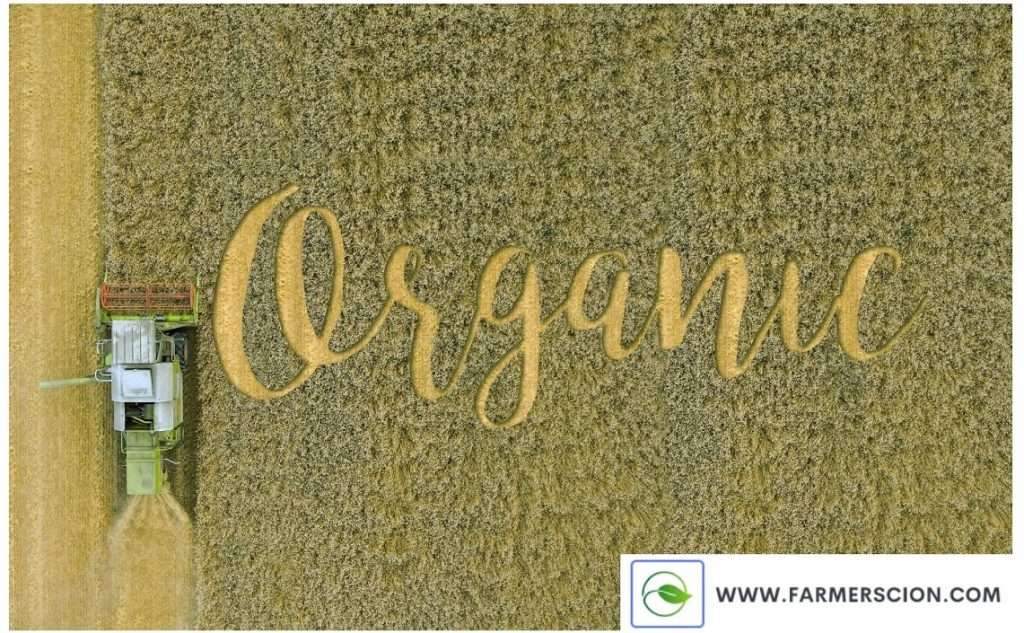
As both consumers and farmers seek healthier, more sustainable ways to produce food, organic farming has received a lot of attention in recent years. The COVID-19 pandemic highlighted the importance of food quality and health, prompting a global shift towards organic farming practices
According to research, the area dedicated to organic farming has increased from 15 million hectares to a staggering 71.5 million hectares over the last two decades. This article delves into the concept of organic farming, its various forms, and the numerous health, environmental, and sustainable agriculture benefits it provides.
What is Organic Farming?
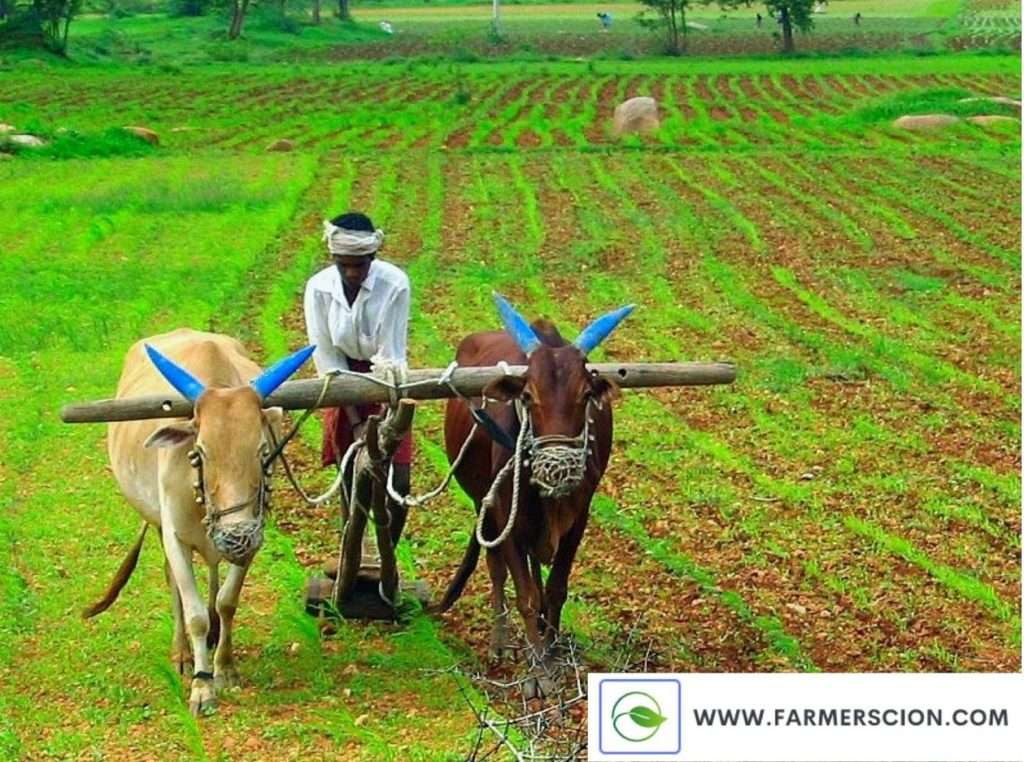
Organic farming is a farming method that uses only natural fertilizers like compost, manure, crop rotation, and organic waste. Unlike conventional farming, which frequently employs synthetic fertilizers, pesticides, and other chemicals, organic farming places a premium on soil health, biodiversity, and environmental balance. Organic farming reduces environmental pollution and helps to preserve soil fertility by avoiding synthetic inputs.
The International Federation of Organic Agriculture Movements (IFOAM) defines organic farming as a production system that protects soil, ecosystems, and human health. Rather than using synthetic chemicals or genetically modified organisms, it is based on ecological processes, biodiversity, and natural cycles that are tailored to local conditions.
Conversely, conventional farming became popular between 1940 and 1970. Conventional farming, which is a new and preferred agriculture system, is also called industrial agriculture. Fertilizers, hormones, pesticides are widely used in conventional farming to keep crop fences and pesticides away.
According to the FIBL report, a total area of 71.5 million hectares has been managed worldwide. According to 186 countries, the number of organic producers is approximately 2.8 million. India keeps their position at one as the country with the largest number of producers, afterward Uganda and Ethiopia.
Which method is best for farming? Organic farming or conventional farming is a controversial issue. There can be a good debate on this. And I will debate in favor of natural farming because I have experienced this. Over the years, we have been adding chemicals to the crop and soil for better results, and even though we have been affected, the yield has been declining over time. We went to the agronomist to review it, and we did the soil test as per their instructions.
And here we come across some surprising things. Soil tests showed that the quality of the soil had deteriorated. The available nutrients in it were gone. Frequent use of pesticides and fertilizers had rendered the soil up to 2 feet. I am not saying that chemical farming is completely wrong. But if you use it regularly and excessively, your losses will be fixed.
Types of Organic Farming
There are two main types of organic farming:
1) Pure Organic Farming.
2) Integrated Organic Farming.
1) Pure Organic Farming
Pure organic farming is a more traditional and rigorous type of organic agriculture. It makes use of only natural waste and organic materials, such as animal manure, compost, bio-fertilizers, and crop residues. Pure organic farming focuses solely on improving soil health through natural inputs rather than synthetic additives. While this method benefits the natural ecosystem, it can be difficult to maintain because it necessitates a consistent supply of organic materials and a thorough understanding of soil health.
2) Integrated Organic Farming
Integrated organic farming combines organic methods with cutting-edge nutrient and pest management methods. This type of farming allows for the use of organic inputs while also implementing integrated pest management (IPM) practices to protect crops from pests and diseases. Integrated organic farming boosts productivity by balancing crop nutrients with natural fertilizers and bio-control agents, making it a more sustainable option for larger-scale farming.
Benefits of Organic Farming
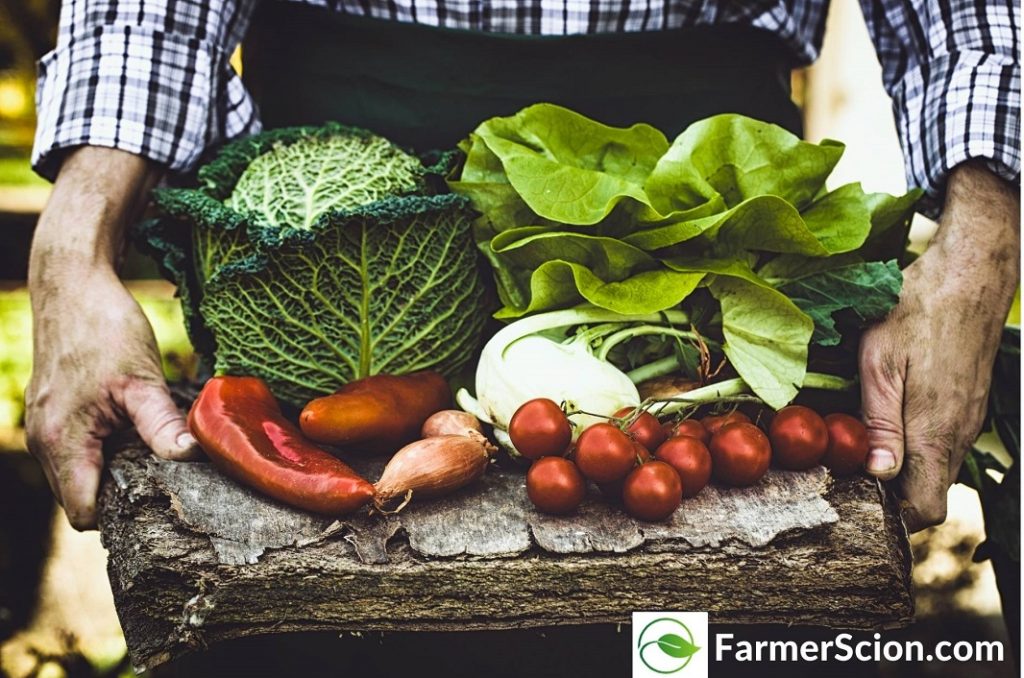
Organic farming provides numerous benefits that extend far beyond the farm itself. Organic agriculture has numerous and significant benefits, ranging from environmental preservation to improved human health.
1. Environmental Advantages
- Pesticide and Chemical use is Reduced
Organic farming avoids synthetic pesticides and chemicals, which can lead to pest resistance and soil degradation in the long run.
When used in conventional farming, these pesticides frequently pollute the soil, water, and air, causing long-term environmental damage.
These risks are reduced by organic practices, which help to clean up ecosystems and improve water quality.
- Enhanced Soil Health
Organic farming relies on good soil health. Organic farming techniques enrich the soil with beneficial bacteria and nutrients by avoiding synthetic fertilizers and focusing instead on compost and organic manure.
According to soil scientist Dr. Elaine Ingham, a single teaspoon of compost-rich organic soil can contain up to a billion beneficial bacteria from over 15,000 species, as opposed to just a few hundred bacteria in chemically treated soils.
- Combatting Soil Erosion
Organic farming techniques, such as crop rotation and cover cropping, help prevent soil erosion by maintaining soil structure and integrity. Studies comparing organic and conventional fields have found that organic fields have significantly higher levels of topsoil, which is important for plant growth and erosion prevention.
- Carbon Sequestration and Climate Resilience
Organic farming lowers carbon emissions by avoiding synthetic fertilizers and pesticides, both of which require fossil fuels to manufacture. Furthermore, organic practices add more carbon to the soil, which lowers greenhouse gas emissions and mitigates the effects of climate change.
2. Health Benefits
- Elimination of Pesticide Residues
Synthetic pesticides, which are frequently associated with a variety of health problems, are not present in organic foods. Pesticide-free organic food reduces the risk of cancer, neurological disorders, and hormonal imbalances. Many pesticides contain compounds known as organophosphates, which have been linked to developmental issues, particularly in children.
Boosts Immune System Health Organic farming helps protect the immune system by avoiding growth hormones and antibiotics that are commonly used in conventional farming. Organic foods contain essential vitamins and minerals that promote overall health and immunity, lowering susceptibility to diseases and infections.
- Toxin-Free Foods
Organic farming eliminates synthetic chemicals, resulting in food without potentially harmful residues. Pesticides, insecticides, and chemical fertilisers used in conventional farming frequently contain compounds that, over time, can accumulate in the body and cause health problems. Organic farming produces food without these contaminants, giving consumers a safer option.
3. Health Benefits
- Encourages Biodiversity
Organic farming promotes biodiversity by providing habitat for a wide range of species, including beneficial insects, birds, and soil organisms. Biodiversity is necessary for maintaining ecological balance because it promotes natural pest control and pollination, both of which are critical for crop productivity.
- Enhanced Soil Fertility and Nutrient Content
Organic farming methods such as crop rotation, green manure, and composting improve soil fertility. Organic soil, according to studies, has higher nutrient levels, including essential elements such as nitrogen, phosphorus, and potassium, which contributes to healthier crops and increased yields over time.
- Promotes Crop Resilience
Organic farming builds more resilient crops that are better able to withstand pests, diseases, and environmental stresses by improving soil health and promoting biodiversity. This resilience reduces the need for synthetic pesticides and herbicides, making organic crops more environmentally friendly.
4. Economic Benefits
- Reduced Input Costs
While the initial transition to organic farming may necessitate some investment, organic practices generally reduce overall input costs. Farmers save money on chemical fertilisers and pesticides, which are typically costly and can become a recurring expense in traditional farming. Organic practices also improve soil health, reducing the need for soil amendments in the long term.
- Access to Premium Markets
Organic products frequently command a premium in the market as consumer demand for healthier, more environmentally friendly food options grows. Premium pricing enables farmers to earn higher profits than conventional produce, particularly when targeting niche markets such as health food stores and eco-conscious consumers.
- Increased Employment Opportunities
Manual weeding, crop rotation, and soil management are all common labor-intensive practices in organic farming. As a result, organic farming increases job opportunities, which can benefit rural communities by stimulating the local economy.
Organic Farming vs. Conventional Agriculture
The debate over organic and conventional farming continues, with each method having its own set of advantages. Conventional farming, which gained popularity between the 1940s and 1970s, emphasizes high yields and large-scale production by employing synthetic fertilizers, pesticides, and growth hormones. While this method can increase productivity, it frequently results in soil degradation, environmental pollution, and health risks associated with chemical residues.
Organic farming, on the other hand, prioritizes long-term environmental benefits, soil health, and sustainability. Organic farming promotes a healthier ecosystem by eliminating synthetic inputs and producing food without harmful chemicals. Though organic farming may not produce as much as traditional methods in the short term, it provides a more sustainable solution for future generations.
Conclusion
Organic farming is more than just an agricultural method; it is a comprehensive approach to food production that prioritizes environmental health, soil integrity, and human well-being. Farmers who choose organic practices help to create a more sustainable agricultural system that uses less chemicals, promotes biodiversity, and produces safer, more nutritious food. As consumer awareness rises, so does demand for organic products, creating a promising economic opportunity for farmers willing to make the switch.
Those interested in learning more about sustainable agricultural practices should read our related articles on Crop Rotation Benefits and Water Conservation Techniques in Farming. Together, these practices have the potential to increase productivity, protect natural resources, and promote a healthier future for agriculture.

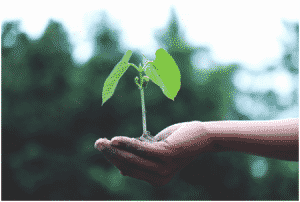
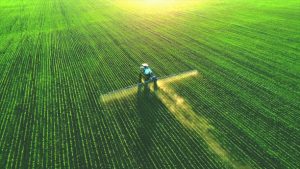
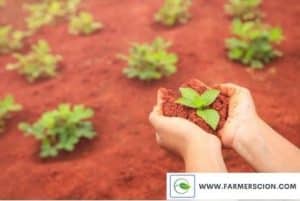

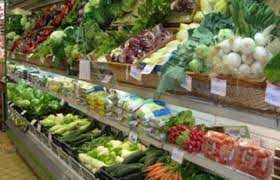

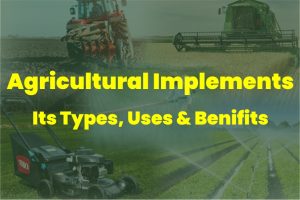
This is a very good tip particularly to those new to the blogosphere.
Brief but very accurate information… Thanks for sharing this
one. A must read post!